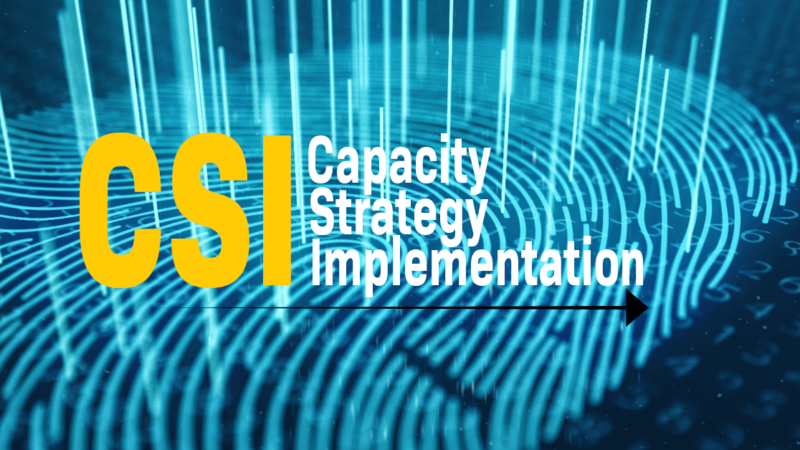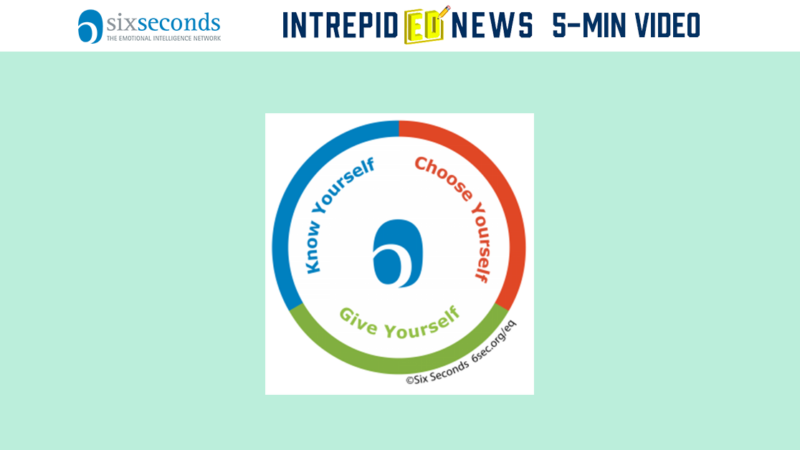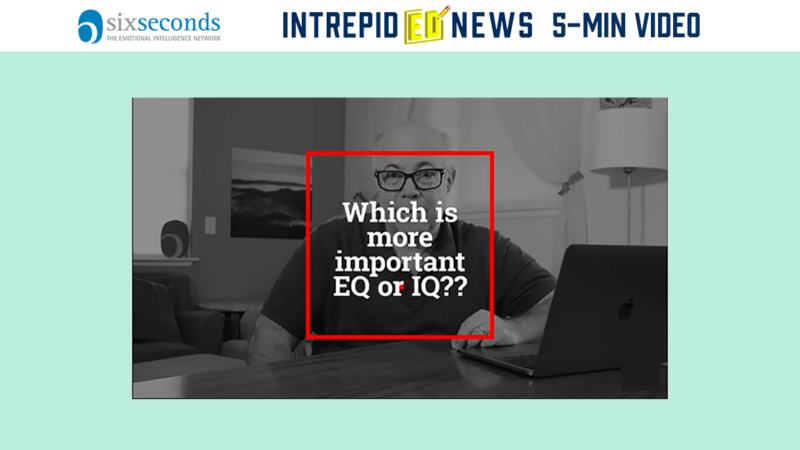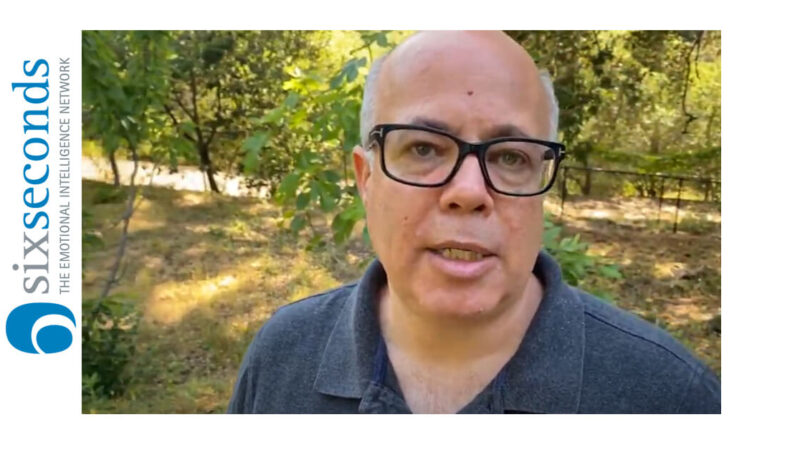Note from the editor: Most of our readers know that NAIS is searching for a new President. We would like the search to be a more open process, therefore subject
Trust is the missing link; it’s a call for safety in an era where students, parents, faculty, board members and administrators feel overwhelmed and buffeted by volatility. While “return to
CSI: Capacity Before Strategy & Implementation The previous two articles (Part 1 & Part 2) in this series have highlighted the deficiencies in the current governance models in failing to
Setting a clear intention about emotion improves learning. How do we do that as teachers/trainers/facilitators? In the way-back machine, I studied acting and learned that an audience felt an actor’s intention —
My strategy was to avoid the topic. I considered myself “not racist,” but when issues of racism came up, I’d demur, “it’s not my area of expertise.” In other words:
Imagine a school whose graduates were dedicated to the greater good. What difference would these young people be making in the world? What would they have learned that helped them
To create a more emotionally intelligent future . . . we need to grow and practice our EQ skills as educators. It’s an essential ingredient for social-emotional learning. THIS IS
How do you put Emotional Intelligence into action? It can be as simple as this: here’s the 3 step process! This simple and clear model will help you understand how
We often hear people talk about IQ, as an important indicator for success, but what is the difference between EQ and IQ? Which one is more important? In this video
What is a process that can help to deconstruct racism? How can Emotional Intelligence tools reduce racial bias and injustice? In this clip Michael Eatman shares a personal story about











